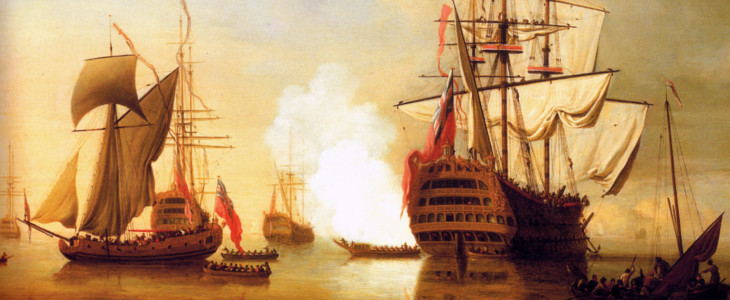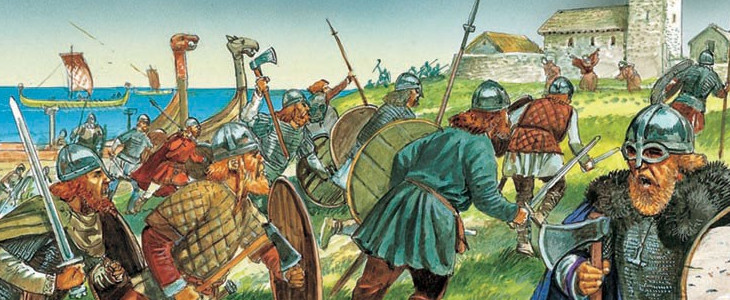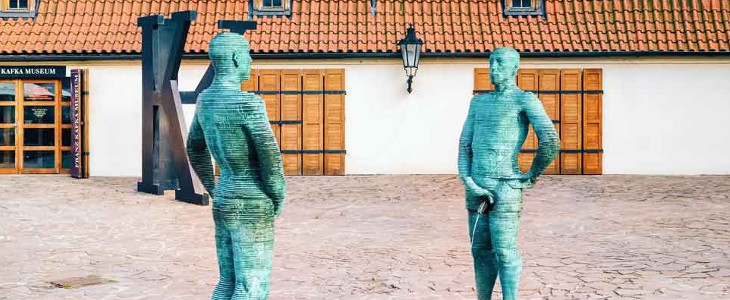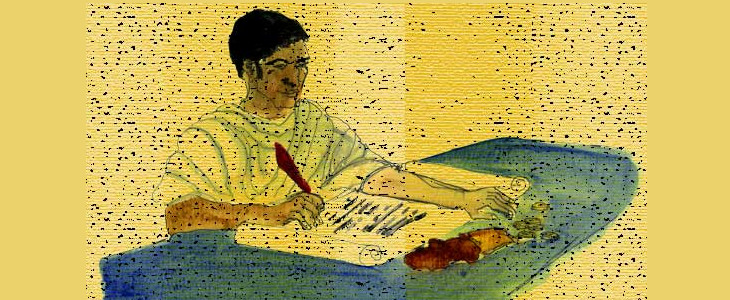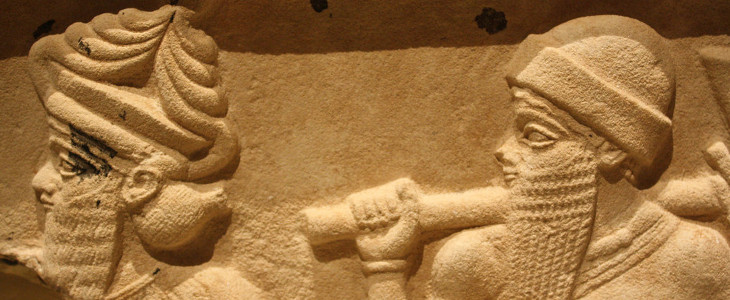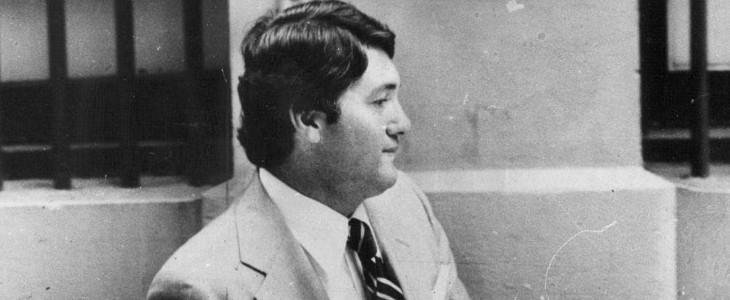A candle is an ignitable wick embedded in wax, fat, tallow or another flammable solid substance. They have been used throughout history for light, heat, fragrance, aesthetic value and sometimes to tell the time. The earliest candles originated in Han China around 200 BC and were made from whale fat. By the 13th century, candle…
Read More »The Plantagenet Kings of England had the medieval right to require Maritime towns and counties to furnish them with ships in times of war. This duty was sometimes commuted for money, which became known as ‘ship money’. Ship money was unique as it was one of the few taxes the Monarchy could levy without the…
Read More »A hearth is a brick or stone-lined fireplace used for heating and cooking food. The word ‘hearth’ derives from an Indo-European root, ker, referring to burning, heat, and fire. For centuries, the hearth was the central and most important feature of a home and from this originated the saying, ‘keep the home fires burning’. A…
Read More »One of the first recorded taxes on income was the Saladin tithe introduced by Henry II in 1188 to raise money for the Third Crusade. The tithe demanded that each layperson in England and Wales be taxed one tenth of their personal income and moveable property. The tithe was assessed by dioceses, rather than by…
Read More »In 1100 the English introduced a Feudal land tenure system for mounted knights called knight-service. The king issued knights with small blocks of land in exchange for them taking a vow of loyalty and accepting the obligation to perform military service. When the knights were called, they were required to provide forty days military…
Read More »The Danegeld, or Dane tribute, was a tax raised to pay tribute to the Viking raiders to save a land from being ravaged. The tax was collected from the citizens and jointly used to buy off the attackers, and also pay the defence forces a wage. In 810 a Danish fleet of two hundred vessels…
Read More »Strange as it may seem today, in Ancient Rome, urine was a valuable commodity. It was collected from the cesspools where the lower classes of society emptied their small pots, and the public toilets which the upper classes used, and recycled. The Roman’s used the urine to bleach/clean clothes, make leather soft, dye clothes, make…
Read More »Tax farming was originally a Roman practice set up by Gaius Gracchus in 123 BC whereby the burden of tax collection was reassigned by the Roman State to private individuals or groups. The tax collectors were known as publicani. The best known is Matthew the Apostle, one of the twelve apostles of Jesus, who was…
Read More »Under the Bala Tax, Mesopotamia taxed almost everything – livestock, grains, handicrafts, funerals, etc. The most burdensome tax though was the Labor Obligation. This was also called the ‘going’ or ‘burden’ in Babylonian languages. Under the Labor Obligation Tax, a free man, the head of his household, owed the government several months’ of labour service…
Read More »Mesopotamia is a historical region covering the Tigris–Euphrates river system. The region corresponds to most of Iraq, Kuwait, the eastern parts of Syria, and regions along the Turkish-Syrian and Iran–Iraq borders. Mesopotamia is the birthplace of some of the most important developments in human history, including the invention of the wheel, irrigation systems, the planting…
Read More »"You’d be stupid not to try to cut your tax bill and those that don’t are stupid in business"
- Bono: U2


